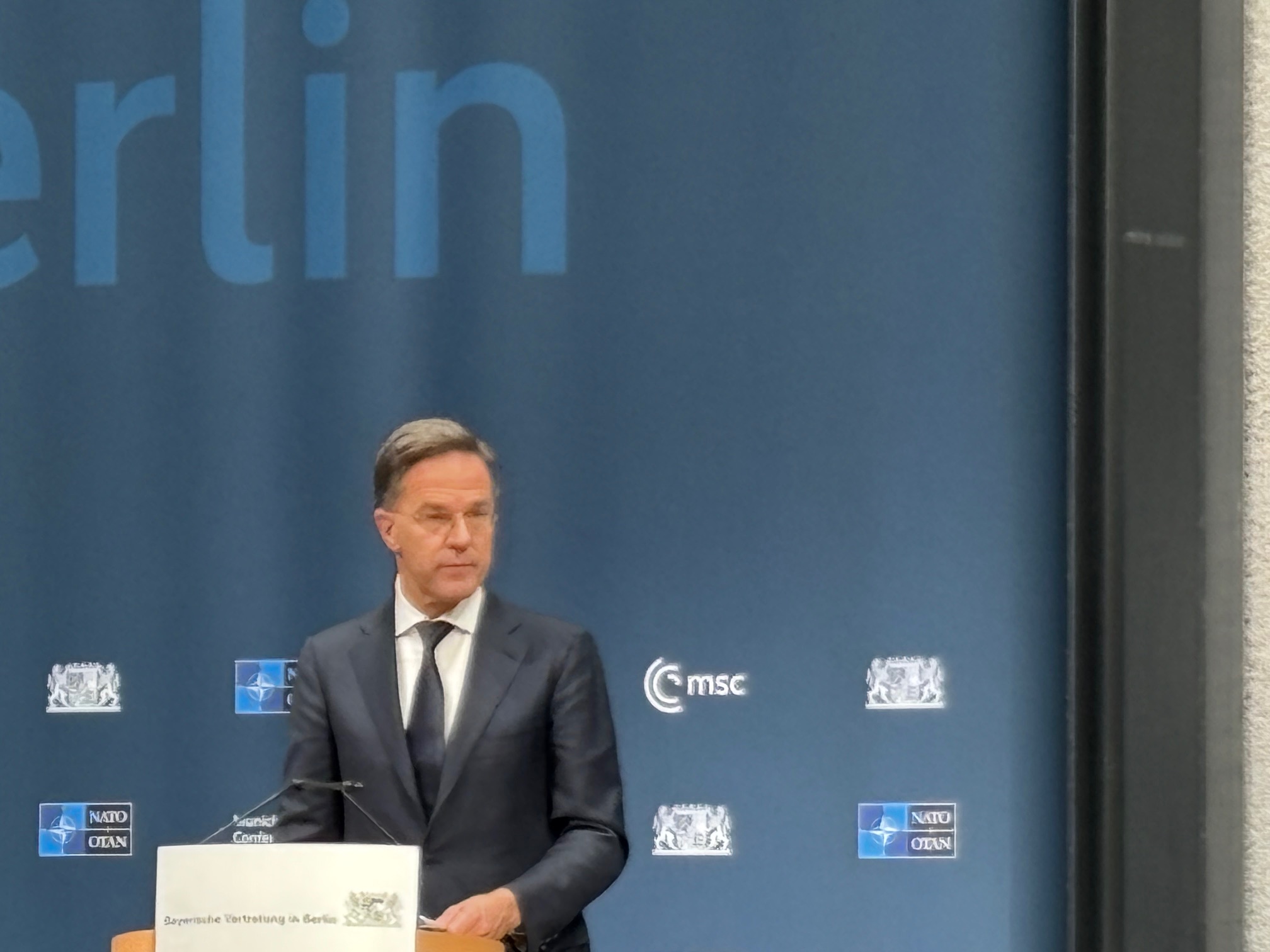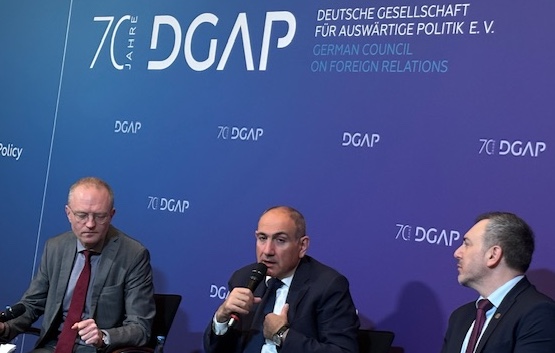diplo.news
Is Russia stronger than before? How European sanctions are strengthening the Russian economy

By Gülfem Dodur in Berlin
Economists Vladislav Inozemtsev, Dmitrij Nekrasov and the opposition politician Dmitrij Gudkov argue that sanctions, based on flawed assumptions, have pushed Russia toward economic self-sufficiency. Conducted by the Russian think tank CASE, the study was presented at korrespondenten.cafe in Berlin, calling for a reassessment of sanctions and suggesting a series of counterintuitive strategies.
Stronger Russian Economy?
The Economists claimed that Western Embargoes on Russian gas have led to high global energy prices, ultimately benefiting Russia by driving up the price of its exports. Adding that Russia cannot replace Europe with China or India for oil export, if West were to abandon the embargo and maximize its imports of Russian gas, this would in fact lower energy prices, thus cutting into Russian profits.
According to the study, Russian government is successfully having an economic growth and budget revenues, as well as possible options for saving resources that do not undermine either political or social stability. Russia is expected to project sustainability on this economic model for many years to come while maintaining the current level of military spending therefore being able to fund the war in Ukraine. Despite a probable slowdown in economic growth in the second half of 2024, Russia looks safe from the collapse of the existing economic model in the near future: the budget remains balanced, and the real disposable incomes are expected to grow further.
The domestic services market has also become the primary beneficiary of Western sanctions, with government support for import substitution and also of around 100 billion dollars that Russians used to spend abroad before the sanctions had returned to the Russian economy.
The Economists stated that unlike the Soviet Union, the market nature of the Russian economy made it much more resilient, more than Western policymakers had expected. Therefore sanctions do not have the same effect. Since the sanctions started, Russian market economy was able to replace the imported goods with domestic goods. And for the rest of the goods, the import has now been almost entirely redirected from Europe to China, India, and other Global South countries.
Gudkow, a former Deputy of the Russian Duma, suggested the most impactful measure of sanction would be restricting Russian access to Western technology, which is crucial for the country's modernization while Russia is dependent on technology for many bureaucratic procedures. “Political decisions in the West are taken by emotions,” he added, claiming that although many companies cut ties with Russia when the war first started, hundreds of companies are still operating, paying taxes and eventually bankrolling Kremlin's war machine.
Alternative solutions: Attracting Russian capital and talent
Opposition economists recommend that Western countries should shift their focus toward attracting Russia's skilled professionals and financial resources. Many skilled Russians sought to leave their country, but Western countries are putting more bureaucratic duties on Russian citizens. On the other hand, the Russian government is providing extra payments and higher salaries, higher than average wage, to young men who decide to join the army. By easing visa requirements and allowing capital transfers via regulated channels, the West could open doors for Russians opposed to current policies, thereby reducing Russia's domestic workforce of highly skilled individuals and capital resources while targeting Russia's economic stability.
For this to be effective, the economists advocate for legal channels of Russian capital transfer to Western Nations, reducing the dependency on cryptocurrency channels, which have become a primary method to avoid sanctions.
This study has been presented to the German Foreign Ministry, urging policymakers to consider a more nuanced approach that might undermine Putin's economic foundation more effectively. For more details, you can refer to the full report by the CASE Center: https://case-center.org/wp-content/uploads/2024/11/Dictators-Reliable-Rear-241104-en-1215.pdf




